Report finds some aquaculture systems ‘may be considered as potential NbS’
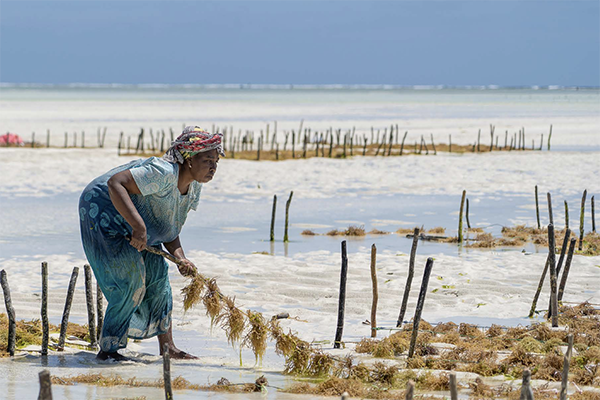
The International Union for Conservation of Nature (IUCN) has published a new report that looks at the interaction between sustainable development of coastal communities, aquaculture and marine and coastal conservation.
The 68-page report, which was developed in the context of the AquaCoCo project and financed by the French Development Agency, examines the emerging concept of Nature-based Solutions (NbS) and the IUCN Global Standard for NbS when applied to socio-ecological systems that include aquaculture production.
“NbS potential is examined by looking at the IUCN definition, principles and criteria proposed by Cohen-Shacham et al, and the recently developed IUCN Global Standard for NbS (IUCN, 2020a),” wrote the report’s authors in a news release. “The eight criteria of the Global Standard are shown as having a strong anthropogenic connotation, and they highlight that the central scientific concept of NbS is embedded in ecosystem-based approaches and management.”
Instruments for the evaluation of ecosystem services (ES) and the degree of ecological engineering are essential parts in the NbS design and assessment. Within this context, the report reviews eight criteria of the Global Standard, while considering the prevailing issues in aquaculture, such as the Ecosystem Approach for Aquaculture (EAA).
The study examined the NbS framework as “an opportunity to enhance the sustainability of aquaculture systems” by focusing on three aspects:
- The Global Standard may provide opportunities to re-establish and further develop traditional local savoir-faire in aquaculture, as advocated by IUCN Resolution 045 for the creation of a Global Indigenous Network for Aquaculture (GINA). The restoration of traditional coastal ponds in Hawai’i illustrates this situation.
- EAA is widely recognized as being so far disappointing in its actual implementation and expansion since its launch 10 years ago and exploring how the release of the Global Standard could offer an opportunity in “reinvigorating” EAA and reduce weaknesses that have been acknowledged.
- The Global Standard could provide new opportunities to explore synergies between aquaculture and marine protection. One of the expected positive outcomes, when the NbS framework is applied to aquaculture, is its ability to translate the complexity of assessing the sustainability of coastal social-ecological systems, including an aquaculture component, into practical, local and specific terms.
According to the study, several examples of aquaculture systems indicate that “some may be considered as potential NbS.”
“This is provided that a full and holistic assessment is made on each aquaculture-related solution, which subsequently shows that a candidate meets all eight NbS criteria and is documented to an acceptable level to assess benefits, impacts, trade-offs and positive and negative externalities,” wrote the authors.
However, the type and role of engineering and human intervention are currently under debate among various authors. Further discussion and clarification are needed to determine whether aquaculture-related systems are considered as acceptable NbS, considering the extent of human-based artificial inputs and actions involved in the system.
“It may be difficult in aquaculture to distinguish between a solution that is dependent on ‘natural’ ecosystems, and a solution that is based upon a quite artificial aquaculture system, well managed but decoupled from ‘naturalness,’” wrote the authors. “Similarly, it might also be critical for some aquaculture systems to provide clear evidence of a ‘net benefit’ for biodiversity as required by Criterion 3 of the Global Standard.”
Click here to read the full report.
Follow the Advocate on Twitter @GSA_Advocate
Now that you've reached the end of the article ...
… please consider supporting GSA’s mission to advance responsible seafood practices through education, advocacy and third-party assurances. The Advocate aims to document the evolution of responsible seafood practices and share the expansive knowledge of our vast network of contributors.
By becoming a Global Seafood Alliance member, you’re ensuring that all of the pre-competitive work we do through member benefits, resources and events can continue. Individual membership costs just $50 a year.
Not a GSA member? Join us.
Author
Tagged With
Related Posts
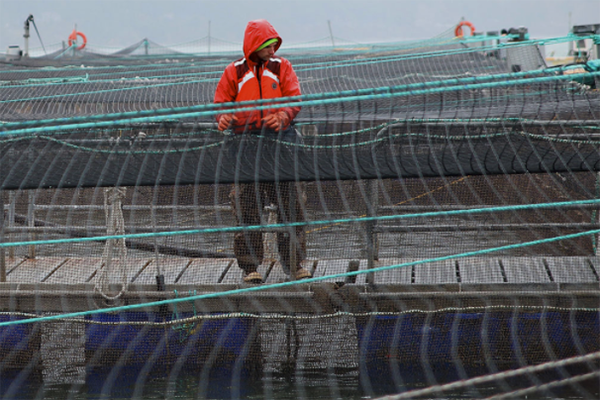
Intelligence
NOAA: ‘Marine finfish aquaculture has no adverse impact on native species in Puget Sound’
NOAA has found that marine finfish aquaculture in Puget Sound has little to no negative impact on native species.
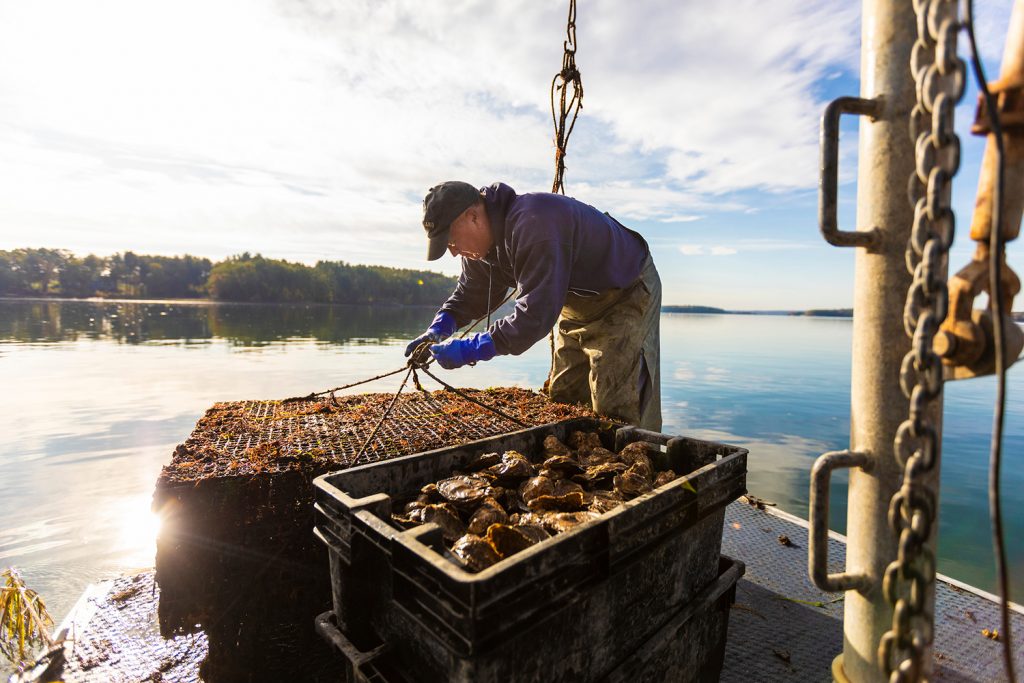
Responsibility
TNC: Restorative aquaculture can improve marine habitats, biodiversity
A report from The Nature Conservancy shows restorative or regenerative aquaculture can benefit ecosystems, marine animal habitats and biodiversity.
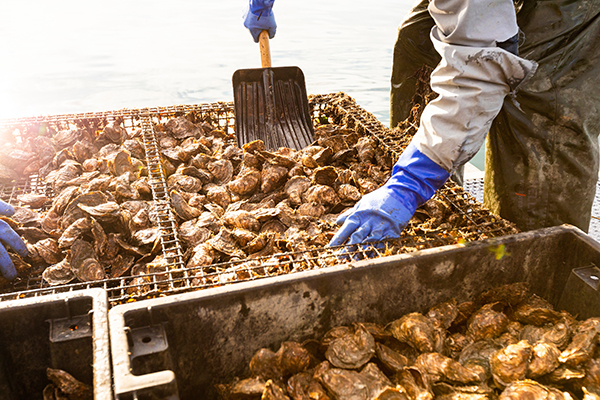
Responsibility
The Nature Conservancy defines restorative aquaculture in new study
The Nature Conservancy's latest study sets out a standard definition of and global principles for restorative aquaculture.
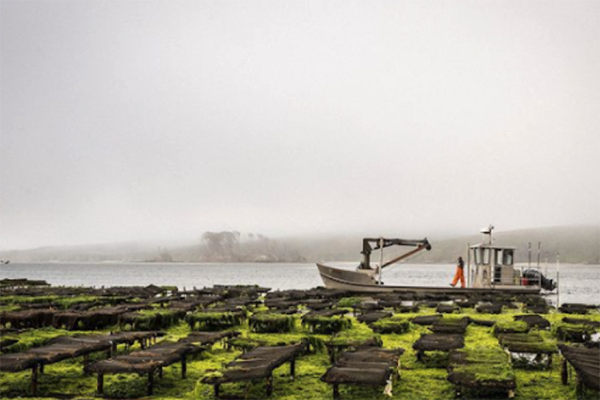
Intelligence
NOAA releases new marine aquaculture permitting guide
NOAA has released a new guide to help navigate the federal marine aquaculture permitting process in U.S. waters.



